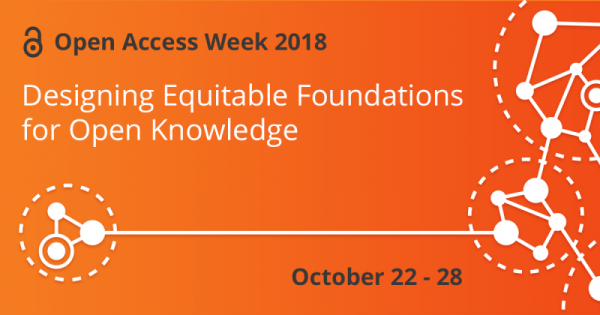
October 25, 2018, by Julie Baldwin
Open Access Week 2018: Harry Potter and open access
Today we have a guest blog from Professor Todd Landman, Pro Vice Chancellor in the Faculty of Social Sciences , who explains how Harry Potter helped him publish an open access monograph…
Between 2010 and 2013 I was Director of the Institute for Democracy and Conflict Resolution at the University of Essex. To establish a solid offering of content on the Institute’s website I commissioned a series of open access Policy Briefs from members of academic staff, who summarised their research and the ways in which it was of interest to policy makers. In a very short period we had 20 policy briefs in standardised and branded format available on our website.
My own work on development, democracy and human rights shaped the research and engagement strategy for the Institute and while attending an annual meeting of the American Political Science Association, I met with a commissioning editor for Bloomsbury Press. She explained to me that on the basis of generous funding from the success of the Harry Potter books, the press was interested in making a selection of new books available open access. As a magician and Associate of the Inner Magic Circle, how could I resist such a proposition? We discussed a book on human rights and democracy, and we were both pleased that a book that was underpinned by values of openness, transparency, and inclusiveness would be made available as an open access book alongside other formats. The book was published in 2013 and remains on my website with a dedicated Facebook Page.
These experiences of creating open access content inspired me to experiment with other formats, and through funding from the Nuffield Foundation, the Economic and Social Research Council, and the Rights Lab Beacon of Excellence at the University of Nottingham, I created The Rights Track, a podcast with over 30 episodes featuring scholars and practitioners working on a wide range of human rights issues, including modern slavery. The podcast is mounted on Libsyn, which allows us to share our content onto iTunes, Spotify, and YouTube. This project then led to the Voices of Brexit documentary film project, which features the views of staff and students about the Referendum to leave the European Union, which is hosted for free on YouTube.
Across all these projects and outputs, I have enjoyed the values that underpin open access materials, where the content made available has found its way into workshops, academic curricula, and other outlets with a broad coverage across a variety of social media and other on-line platforms. In addition to the provision of high quality content that reaches very large audiences, the content itself and the platforms on which it is hosted provides an excellent opportunity to drive traffic to academic work, build intellectual networks and new epistemic communities, as well as new research collaborations that can have great impact. It is pleasing that generations of young people who grew up reading Harry Potter have made available the initial funding to get me on my open access journey, the evolution of which has felt quite magical, the impact of which has been very real.
This blog is one of a series we’re running during Open Access Week 2018, you’ll find more blogs on other open access topics here.
No comments yet, fill out a comment to be the first

Leave a Reply